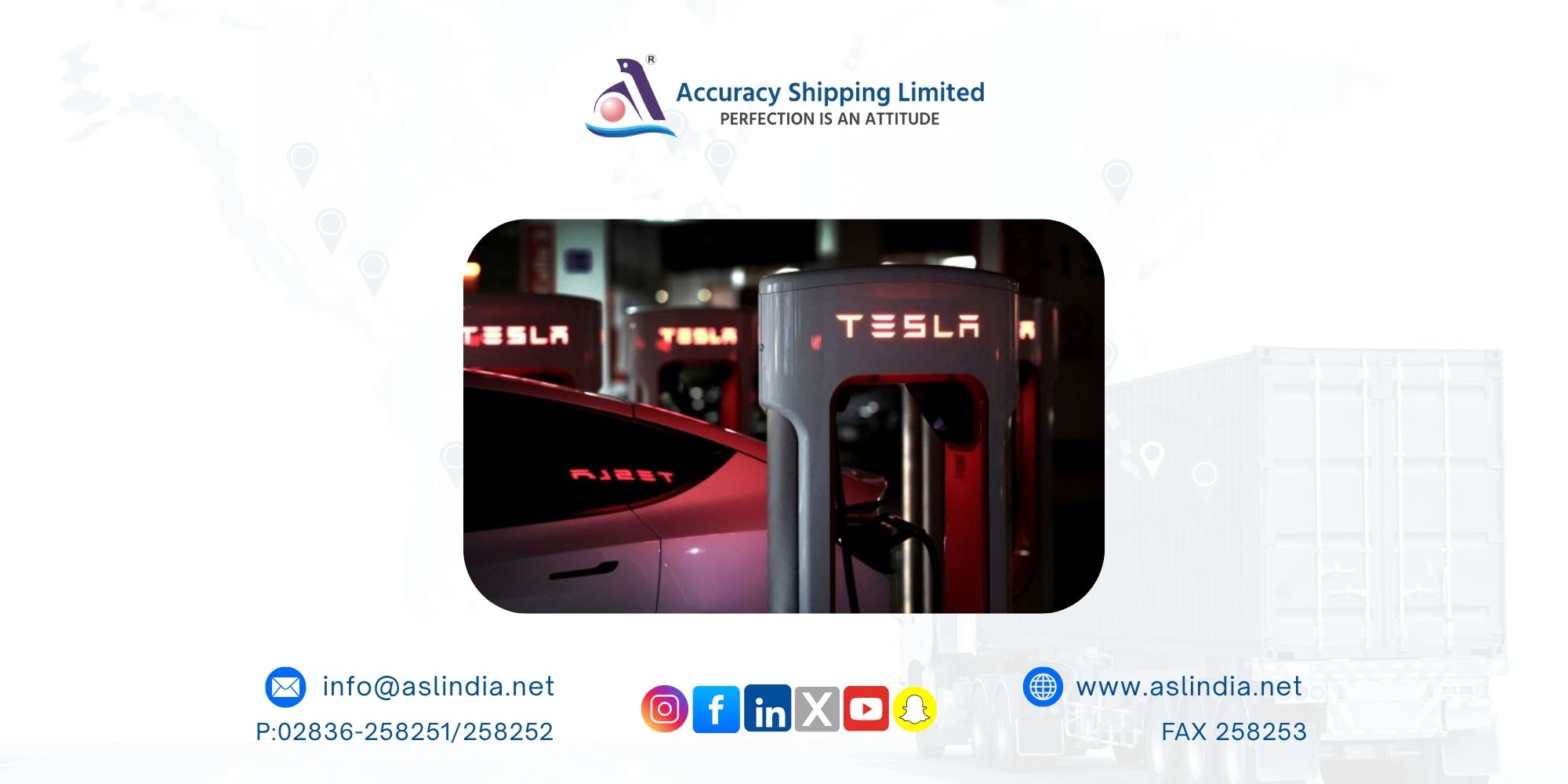Tesla not keen to manufacture in India: Minister HD Kumaraswamy

In a significant update to India’s electric vehicle (EV) manufacturing landscape, Union Heavy Industries Minister HD Kumaraswamy has confirmed that Tesla is not currently interested in setting up a manufacturing facility in India, despite earlier speculations and anticipation around the company’s entry into the Indian market.
Tesla Focused on Retail, Not Production
According to Minister Kumaraswamy, Tesla plans to open two showrooms in India, signaling a limited entry focused on retail and customer experience rather than manufacturing. “Tesla, we are actually not expecting from them. They are going to start two showrooms, they are not interested in manufacturing in India,” the minister said at a media briefing on Monday.
This update comes months after Prime Minister Narendra Modi’s meeting with Elon Musk in Washington earlier this year, which led to some optimism about Tesla’s commitment to the Indian market. Following that meeting, in February 2025, Tesla announced 13 job openings in India, including positions such as store manager, service advisor, business operations analyst, and customer engagement manager.
Global Players Show Manufacturing Interest
While Tesla seems to be taking a cautious approach, other global EV giants such as Mercedes-Benz, Volkswagen-Škoda, Hyundai, and Kia have shown interest in applying under the Ministry of Heavy Industries’ flagship EV manufacturing scheme, notified in March 2024. This scheme is designed to position India as a global hub for EV manufacturing.
Key Highlights of the EV Manufacturing Scheme
The ministry on Monday issued detailed guidelines under the EV scheme, and will soon invite online applications. Some key highlights include:
A minimum investment of ₹4,150 crore to be eligible under the scheme.
Applicants must meet domestic value addition (DVA) goals.
Eligible firms can import up to 8,000 completely built units (CBUs) per year at a reduced Customs duty of 15%, applicable for five years.
The scheme is limited to global manufacturers with a minimum annual revenue of ₹10,000 crore and fixed assets worth at least ₹3,000 crore.
The goal is to foster domestic EV production while allowing limited imports to maintain market momentum.
Tesla’s Missed Opportunity?
Many had believed that this scheme was tailor-made to attract Tesla, especially after the company’s repeated concerns about India’s high import duties, which can go up to 110% on fully built cars. In fact, Tesla CEO Elon Musk was expected to visit India in early 2024 to announce a potential $2 billion investment in a manufacturing facility.
However, Musk postponed his visit, citing “very heavy Tesla obligations.” Shortly after cancelling his India trip, Musk made a high-profile visit to China, Tesla’s second-largest market, raising eyebrows about the company's commitment to India.
Adding to the controversy, former US President Donald Trump criticized Tesla’s India expansion plans, labeling them “unfair” to the United States. He stated, “Now, if he [Musk] built the factory in India, that’s okay, but that’s unfair to us. It’s very unfair.”
Long Road Ahead for India’s EV Ambitions
Although the government’s scheme has been lauded for its forward-thinking approach, the Global Trade Research Initiative (GTRI) has cautioned that it may take years before the first locally manufactured EVs hit the Indian roads.
“While announcement of the scheme guidelines is a positive step, the application process has not opened yet and is expected soon. Realistically, it may take another six months or more before selected firms are announced,” GTRI noted in a statement. Until then, companies can import vehicles at the reduced 15% duty under the new scheme.
Conclusion
Tesla’s decision to not manufacture in India is a setback for those who saw the EV giant as a game-changer for India’s clean mobility ambitions. Nevertheless, the government’s EV manufacturing scheme continues to attract major global players, keeping the dream of an electrified Indian auto industry very much alive. With strong policy backing and the interest of established automakers, India’s journey toward becoming an EV hub is still gaining momentum—just not with Tesla at the helm.







